Analysis and commentary on the Network’s experiences coordinating climate-resilient development.
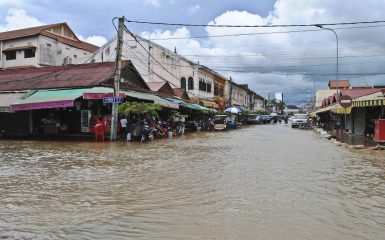
Complete first sNAPshot policy brief series available online
Series focuses on integrating adaptation considerations into sector planning
At COP 21 last year, the NAP Global Network launched the sNAPshot policy brief series to share the lessons emerging from our activities. The sNAPshot briefs are based on the experiences shared by the Network’s participants. This first series looks at a spectrum of approaches for how countries are integrating adaptation considerations into sector planning, which we saw emerging […]
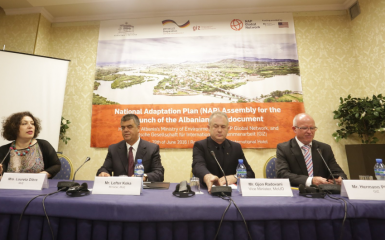
Albania launches plan to prepare for climate change impacts
International representatives from the Philippines and Grenada, also members of the NAP Global Network, attended the event to share their experiences.
TIRANA, JUNE 29, 2016 — The Albanian government has launched its National Adaptation Plan (NAP) to prepare for the impacts of climate change. “We are very pleased to launch Albania’s National Adaptation Plan, which represents a collaborative vision for protecting Albanian communities from the threats posed by a changing climate,” said Laureta Dibra, Head of […]

Brazil Launches National Adaptation Plan: Interview with Karen Silverwood-Cope
Brazil’s Ministry of the Environment launched its first National Adaptation Plan (NAP) earlier this month. The NAP puts forward cross-sector adaptation strategies to address the wide range of risks that climate change poses in the expansive country, which has the world’s fifth largest land mass. “Brazil is a big country and we do have great […]
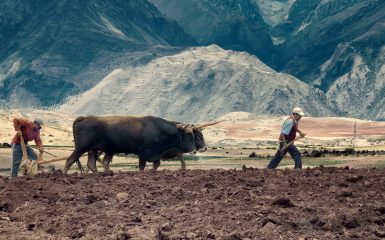

Financing Adaptation and Resilience through Fossil Fuel Subsidy Reform and Fuel Duty
There is a troubling gap between the existing amount available in finance for climate change adaptation and its actual costs. Though methodologies for estimating adaptation costs are widely debated, the World Bank estimates that adaptation will cost countries tens of billions USD this century, and UNEP’s 2016 Adaptation Finance Gap Update predicts that these costs could escalate to be hundreds […]
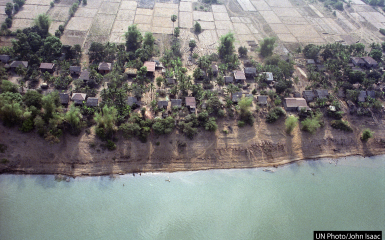
Addressing Key Questions in the Technical Examination Process on Adaptation: Vertical Integration and Monitoring & Evaluation in the NAP process
by Hayley Price-Kelly & Angie Dazé
The Paris Agreement’s inclusion of an adaptation goal has raised adaptation’s profile in the international arena. Recognizing this, parties to COP 21 established a Technical Examination Process on Adaptation (TEP-A)—complementing a pre-existing process for mitigation—as a contribution to enhanced action prior to 2020. The first meetings under this process—known as the Technical Expert Meeting on […]

The UNFCCC National Adaptation Planning Model: A Foundation for Fulfilling Post-2015 Commitments?
by Virginia Wiseman, Thematic Expert for Climate Change and Sustainable Energy, IISD Reporting Services
This article originally appeared as a two-part policy update from IISD Reporting Services (Part I and Part II), providing a technical analysis of the role of the National Adaptation Plan process. Continue reading “The UNFCCC National Adaptation Planning Model: A Foundation for Fulfilling Post-2015 Commitments?”
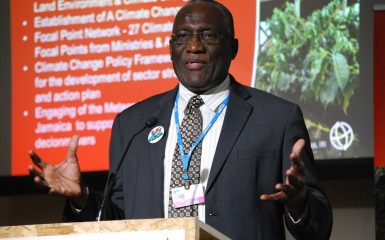
Targeted Topics Forum: “Financing NAPs: Options for Implementation”
Kingston, Jamaica | March 15-17, 2016
We recently held our 2nd Targeted Topics Forum (TTF) with the theme “Financing National Adaptation Plans: Options for Implementation” in Kingston, Jamaica, from March 15-17. 2016. The TTF brought together 42 participants representing 11 countries and five organizations to address a range of financing options including domestic public finance, international finance, and private finance. Presentations from this forum are available […]

US, Canada leaders announce joint support for NAP Global Network
United States President Barack Obama and Canadian Prime Minister Justin Trudeau announced their joint support for the National Adaptation Plan (NAP) Global Network during a bilateral summit in Washington on Thursday, March 10, 2016. The joint statement read: “Canada and the US will work with developing country partners to assist in implementation of their INDCs […]

What the Paris Agreement Means for the National Adaptation Plan Process
by Anne Hammill, Jo-Ellen Parry and Hayley Price-Kelly
Here are some key ways that the Paris Agreement will reinforce and build on the UNFCCC’s prior commitments related to NAPs and potentially affect developing countries’ adaptation efforts.
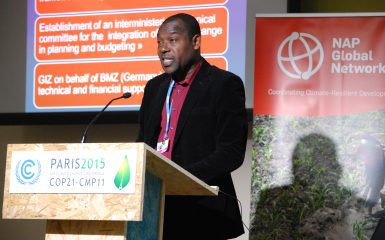
South-South learning to support use of climate information in the NAP process
Event highlight from COP21
This event highlighted opportunities for south-south learning through the NAP Global Network, focusing in on the example of sharing experiences using climate information to support the NAP process.
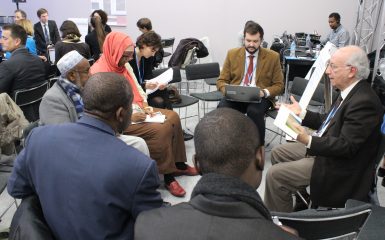
Integrating adaptation considerations in development planning & support
Event highlight from COP21
On the margins of COP21, on December 3rd the NAP Global Network and OECD Task Team on Climate Change and Development held an interactive event on integrating adaptation into development planning across sectors and levels.